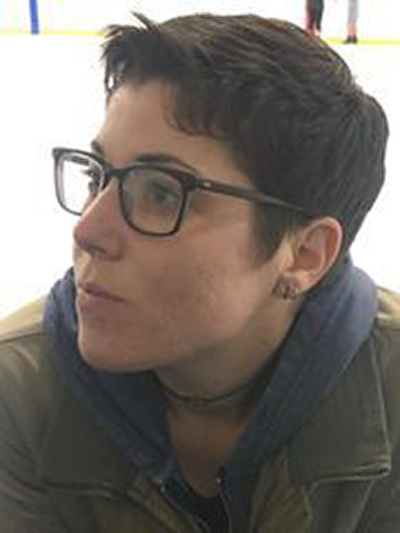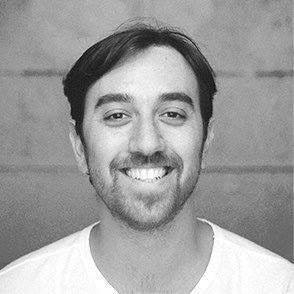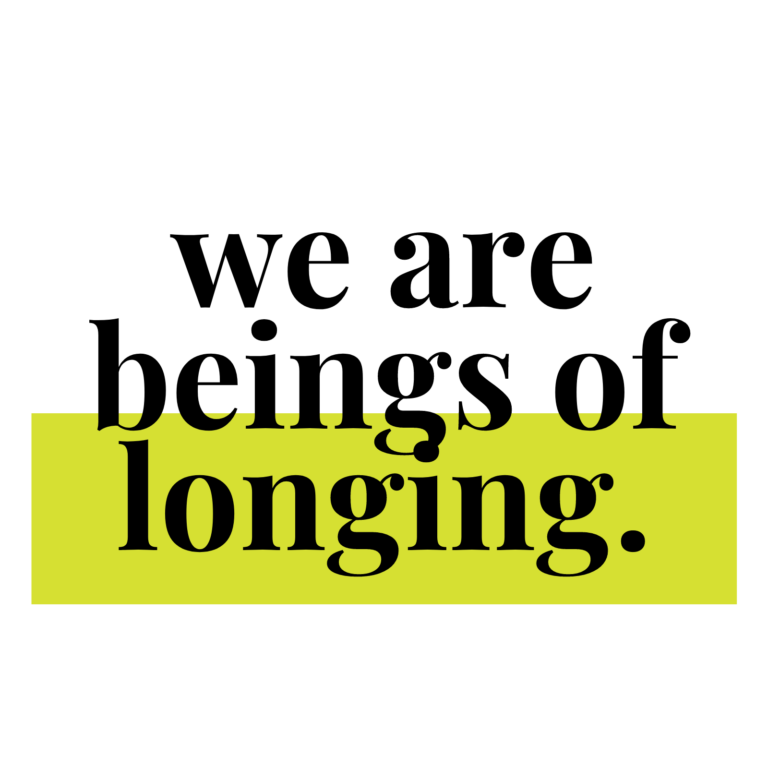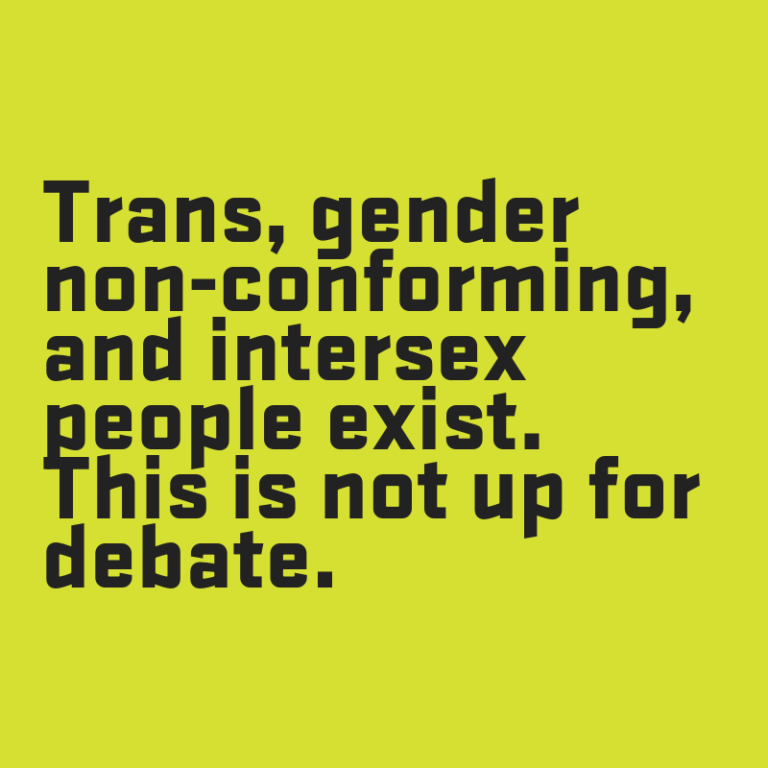Check out our member’s op-ed in the Des Moines Register!
When I was 18, I worked at a restaurant in Valley Junction and attended Des Moines Area Community College. It was a nice period of time. I had a steady routine and the elements of my life felt balanced.
I was washing dishes at the restaurant one afternoon when a regular customer stopped in to eat lunch and vent his frustrations with the government.
He complained that lazy, undeserving college kids such as myself were squandering his tax dollars. I listened intently to his rant, curious about the rationale of a man who called me lazy while I was at work. His anger was palpable and I was shaken by his words. He made the types of disparaging remarks that are often aimed at the working class. When he berated others for their use of government assistance programs, my heart hurt as a trust fund baby, the real welfare queen.
I am grateful for my family and the access I experience, while simultaneously feeling the magnitude of societal dysfunction and widening inequality. As someone who receives portions of a real estate development fortune, I benefit from the kinds of government handouts that make such substantial private profit possible.
Meanwhile, I see the way people I love are perpetually pushed back into the cycle of poverty even though they work hard, often at multiple jobs. I am not more deserving than others just because of the circumstances of my birth. There is no good reason I should benefit so excessively. I sure as hell don’t need a tax break.
What is behind America’s compulsory habit of demonizing the poor and praising the rich? This question requires a combination of soul searching and examining the structure of our economy. For America to have a healthy future, the American dream cannot continue to rest on the ability to take advantage of others in the name of profit.
The economic strain on the working class and the middle class is the result of decisions made by the owning class. Traditional charity is not the solution to this issue. Charity is often dehumanizing and ineffective in the long term. Resources need to be directed toward eradicating the roots of injustice. When a pipe is leaking, a bucket can be helpful temporarily, but it is the pipe that needs to be repaired.
In “Class Lives: Stories From Across Our Economic Divide,” Anne Ellinger writes, “Over time I developed this philosophy, which I found clarifying. There are aspects of ‘class privilege’ that really should be the rights of all: clean air and water, economic security, self-determination, meaningful work, good health care and education, to name just a few. When I’m ashamed of those privileges or hold back from enjoying them, I don’t help anyone; only working to assure their broader access helps. Other aspects of ‘class privilege’ really should be allowed to no one: the power to exploit others, to destroy natural resources, to waste, to assume your way is the only or best way, to be oblivious and arrogant. To call these very different things by the simple name ‘privilege’ obscures their profound difference and frequently stirs up paralyzing shame instead of motivating action.”
Class is not an easy topic to discuss, but by bringing it out into the open we can bridge the divide. By letting go of force and control, we can see a larger picture. With compassion, we can recognize that all of us have unique experiences and shared needs. Slowing down to connect on a human level, complete with our flaws and awkwardness, is a vital step in our healing and growth.
This op-ed is available here in the Des Moines Register.

Sable Knapp of Maine is the granddaughter of Bill and Irene Knapp. She is a member of Resource Generation, a national group of young people with wealth working toward the equitable distribution of wealth, land, and power.




